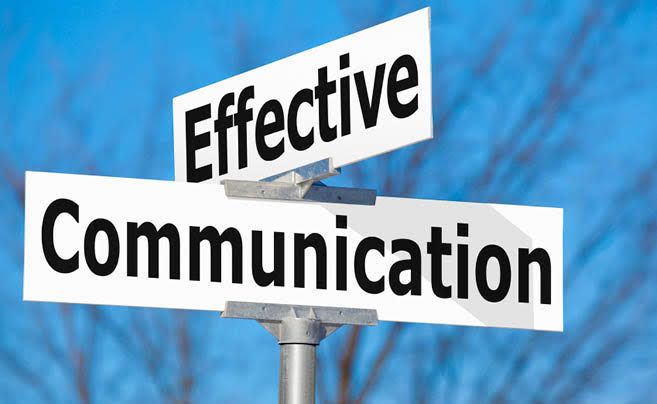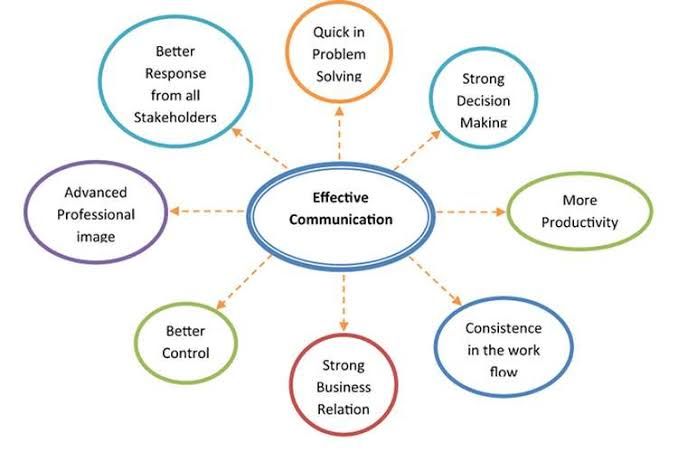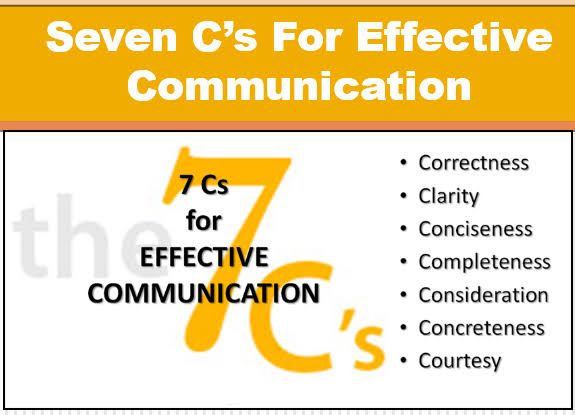Communication Skills: The Effective Communication
Jun 21, 2019 • 211 views

Communicating effectively is one part inspiration and three parts perspiration!It takes common sense and a lot of practice.
An effective communication will always lead. People will be happy if they are able to communicate effectively. Effective communication is your ability to cause the intended and desired response.
Making yourself an effective communicator is imperative for developing your soft skills and personality. Effective communication is your ability to influence people, their ideas and thought patterns, which govern their actions. It will give you sustained success in all walks of life.
Effective communication occurs when the message and its subtext are fully and completely acknowledged and responded to. The effective communication includes not just the way you use the words but also covers several other skills such as, non-verbal communication, ability to understand your own emotions as well as of the other person with whom you are communicating, engaged listening, ability to speak assertively, etc.

Steps to effective communication
1. Speak with strategy: View every speech as an exciting experience, a chance for you to exhibit your persuasive powers and your leadership potential.
2. Spy with your audience and setting: A speech is a social act, not a monologue delivery to the bathroom mirror. In order to communicate effectively, you must not only understand your subject matter but your audience as well.
3. Always write it never wing it: An effective speech requires that every thought be fully flushed out and put in the precise language before you get up on stage. Length, timing, rhythms, coherency all require writing out a speech in advance.
4. Keep it brief: Whenever you have to influence the judges and audience, keep your speech well within the time limit. Today, audiences will not tolerate dry speeches, editing down is a key challenge in the speech writing process, a valuable exercise that will inspire you to the most important thoughts.
5. Simplicity: Open by greeting the audience,chairperson and the judges and introduce the topic. Break the ice and establish rapport with a joke or a humorous anecdote.
6. Humour: Deliver the key segments of your message using simple, clear, direct sentences that are written for the eye. Employ examples, illustrations and analogies. Avoid dead words, bureaucratic life and vapouryconcepts.
7. Eloquence: Be natural, be down to earth and be direct. Change the pace every several minutes with a humorous one - liner, example or joke; but be sure these relate in some ways to the subject at hand.
8. Don't be afraid: Channel your nervousness into determination to win them over. Minimize raw fear by writing and preparing your speech at a relaxed pace, well in advance.
9. Triumph over adversity: Your careful preparations and elimination of unknowns can't prevent the unpredictable such as coughing fit, a joke fell flat on an audience unimpressed. Acknowledge the problem, take action. Demonstrate leadership skills, display grace under pressure and carry on.
10. Win them over: Just remember 'All the world's a stage' and you are on it. All eyes are focused on you. All ears are receptive to your words. The art of speech making is surely changing, but it has hardly died. What a fantastic opportunity, an exhilarating high, if you take advantage of it!!!

Improving your communication skills can make a world of a difference in yourrelationshipswith others and help you achieve your personal goals in life.
